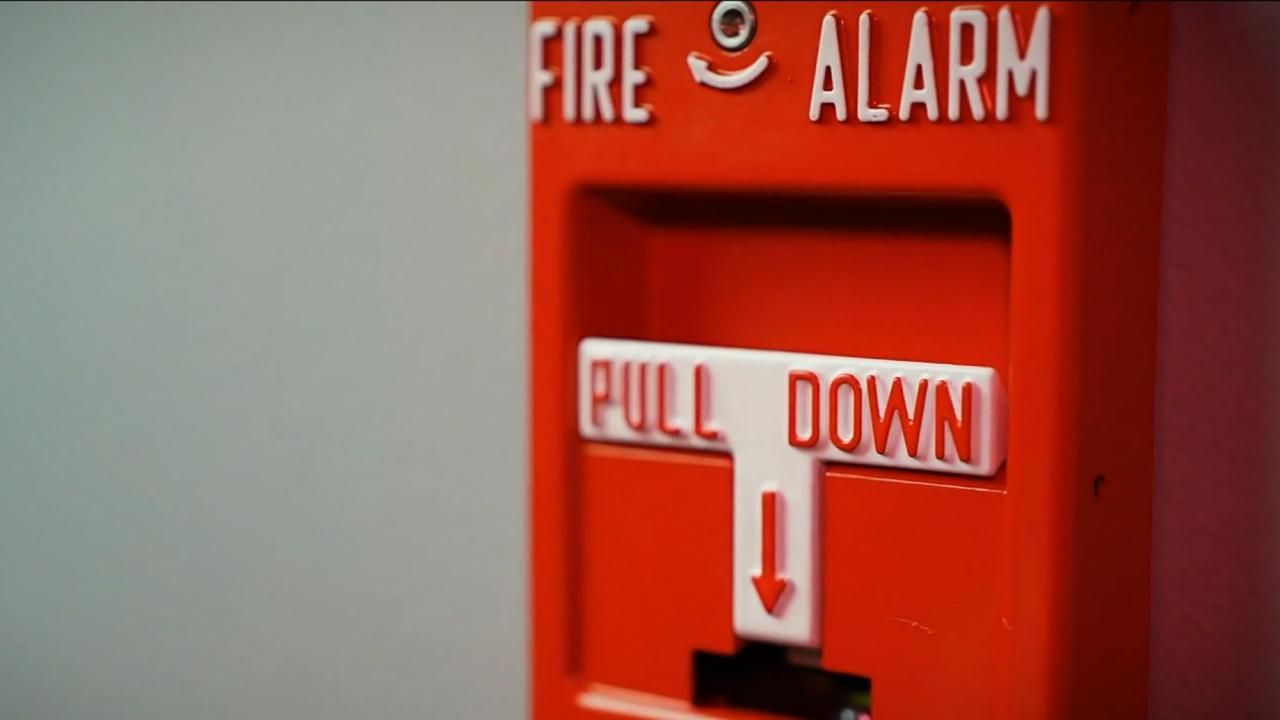Event Security Solutions


Fire watch and alarm response services are crucial for safeguarding properties and ensuring the safety of occupants during fire emergencies. These services provide proactive monitoring and quick action to prevent and manage fire-related incidents effectively. Whether for construction sites, commercial buildings, or special events, having robust fire watch and alarm response plans in place is essential for maintaining safety and compliance.
Fire Watch Services:
Fire watch services involve deploying trained personnel to monitor and protect areas where fire hazards exist or where fire detection systems are temporarily impaired. This service is particularly important during construction projects, renovations, or in buildings where fire alarm systems are under maintenance.
Continuous Monitoring: Fire watch personnel conduct regular patrols of the premises to check for any signs of fire or hazards. They are equipped with communication devices to report any issues immediately and are trained to identify potential fire risks.
Emergency Response: In the event of a fire alarm activation or visible smoke, fire watch personnel are responsible for initiating emergency procedures. This includes alerting building occupants, contacting emergency services, and coordinating evacuation if necessary.
Fire Prevention: Fire watch teams also engage in proactive measures to prevent fires, such as ensuring that all fire safety equipment is functional, monitoring for hot work operations, and addressing any identified fire hazards.
Documentation and Reporting: Detailed logs and reports are maintained to document patrols, incidents, and any corrective actions taken. This documentation is essential for compliance with fire safety regulations and for improving future safety measures.
Effective event security begins with a comprehensive risk assessment. Before the event, security experts evaluate potential threats and vulnerabilities related to the venue, guest list, and event type. This assessment informs the development of a tailored security plan that addresses specific needs and ensures preparedness for any scenario.
One of the foundational elements of event security is crowd management. Trained security personnel are deployed to control access points, monitor crowd behavior, and manage queues. This helps prevent overcrowding, maintains order, and ensures that only authorized individuals gain entry. By strategically placing staff throughout the venue, security can quickly address any issues that arise and provide assistance as needed.
Access control is another crucial aspect. Implementing measures such as ticket scanning, wristbands, and ID verification ensures that only those with proper credentials can enter the event. This not only enhances security but also streamlines entry processes, reducing wait times and improving the overall guest experience.


Alarm Response Services:
1. Alarm response services ensure that when a fire alarm is triggered, it is promptly addressed to minimize damage and ensure occupant safety. This service typically involves the following components:
2. Rapid Response: Upon receiving an alarm notification, response teams are dispatched quickly to the site. Their immediate presence helps to assess the situation, confirm whether there is an actual fire, and take appropriate action.
3. Incident Assessment: Fire response personnel conduct a thorough assessment of the alarm situation. They verify the cause of the alarm, check for signs of smoke or fire, and determine if any immediate actions are required.
4. Coordination with Emergency Services: Response teams work closely with local fire departments and emergency services to ensure a coordinated approach. They provide information on the status of the situation and facilitate access to the site.
5. System Check and Restoration: After an alarm has been managed, response teams check the fire alarm system to ensure it is functioning properly. They address any issues and restore the system to normal operation to prevent future false alarms or system failures.
6. Post-Incident Analysis: Following an incident, a comprehensive review is conducted to evaluate the response and identify any areas for improvement. This analysis helps to refine fire safety protocols and enhance overall fire protection strategies.
7. In summary, fire watch and alarm response services provide critical support in managing fire risks and ensuring the safety of people and property. By employing trained personnel for continuous monitoring, rapid response, and comprehensive incident management, you can maintain a high level of fire safety and preparedness.